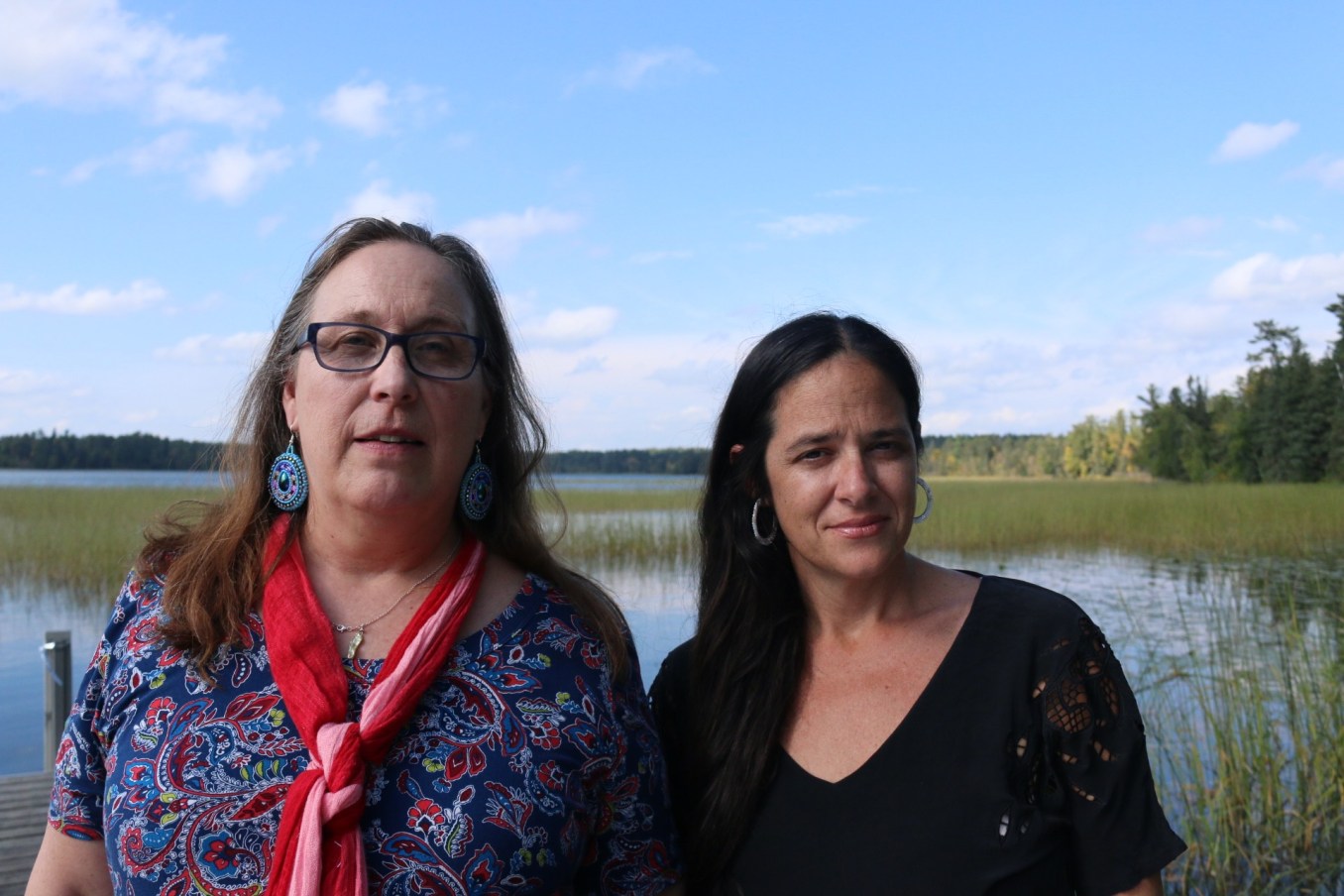About Big River Continuum: It is one thing to know about a river, and yet another altogether to consider the river itself as a way of knowing. The University of Minnesota’s Itasca Biological Station at the Mississippi headwaters, the Weisman Art Museum in the Twin Cities, and A Studio in the Woods in the Mississippi Delta have established a creative exchange program that does just that. By linking communities at the headwaters and delta of the Mississippi river, the Big River Continuum cultivates dynamic exchanges between these communities as artists from both regions participate in collaborative residency programs that ignite inquiry into the interconnectedness of cultures, research and river/land environments.
Taking inspiration from the Ojibwe name Misiziibi, or gichi-ziibi meaning “Huge River,” this initiative turns the Mississippi River in its entirety into a platform for creative collaboration. The Big River Continuum strives to collaborate across topographies of power, time, and access in order to synergize artists and scholars from diverse river cultures in a shared and equitable process of inquiry.
About Karen Goulet: Karen is a multimedia artist. Her work is informed by the people and places that define her. “I see my work, as an artist, to be a tributary of a larger body of living, breathing creative spirit. I come and go as I move between various media, expressing what I dream and remember, while documenting what I witness from a place of needing to make.”
She goes on: “I consider myself a cultural hybrid – from Ojibwe, Métis, Saami/Finn people. My family are makers – people who create and grow things. My art reflects histories and relationships that have been made by journeys, evolving cultures, and the fierce will to survive. Water is ever present in the stories and my history. The Northwoods waterways have been the lifeline of my family and culture. To have this opportunity to create work that honors water, through reflecting and research of this Great River, is something I am eager and honored to do.”
About Monique Verdin: Monique Verdin is a multidisciplinary artist working with the complex interconnectedness of environment, economics, culture, climate, and change along the Gulf South for decades. Her indigenous Houma relatives and their life-ways have been the primary focus of her storytelling practice. Monique is the director of The Land Memory Bank & Seed Exchange, a part of the Another Gulf Is Possible Collaborative core leadership circle and author of Return to Yakni Chitto Houma Migrations. Monique’s Big River Continuum residency at Itasca Biological Field Station in MN investigates ways in which the headwaters and the delta have been in conversation with each other for thousands of years: Palms to Pines.

